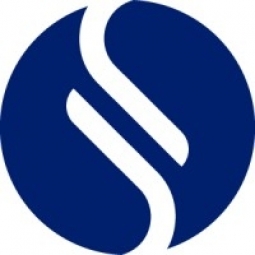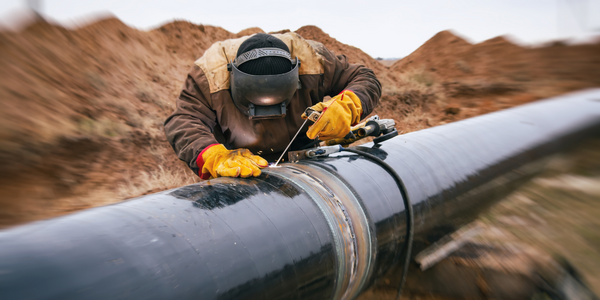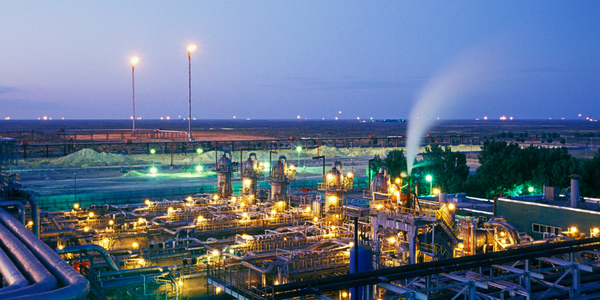公司规模
Large Corporate
地区
- America
国家
- United States
产品
- Sphera Impact
- Stature
- PHA-Pro
技术栈
- Risk Management Software
- Incident Reporting Software
- Audit Management Software
实施规模
- Enterprise-wide Deployment
影响指标
- Productivity Improvements
- Cost Savings
技术
- 应用基础设施与中间件 - 数据交换与集成
- 分析与建模 - 过程分析
适用行业
- 石油和天然气
适用功能
- 质量保证
- 商业运营
用例
- 过程控制与优化
- 预测性维护
服务
- 系统集成
- 软件设计与工程服务
关于客户
Total Petrochemicals & Refining USA (TPRI) is a Houston-based company that operates in the oil and gas industry. It has established itself as a global leader in risk management, with nearly 5,000 licensed users working in its environmental, health, and safety (EHS) incident management and reporting software, Sphera Impact. This software is deployed at all 17 Total Petrochemicals facilities worldwide and is used to generate state-of-the-art reporting that helps EHS managers track incidents and response actions while proactively reducing hazards and improving work processes. Over the years, the company's injury rates and costs have declined, demonstrating its commitment to operational excellence and compliance with industry regulations and standards.
挑战
Total Petrochemicals & Refining USA (TPRI) had an outdated proprietary software for management system auditing that was inefficient and costly. The software included over 1,500 questions, but any changes to these questions had to be made by the vendor for an hourly fee. This made the process of updating the system cumbersome and infrequent. Furthermore, the system was not integrated with the company's incident management and reporting software, Sphera Impact, which meant that audit findings had to be manually transferred from one system to another. This process was time-consuming and prone to errors. The situation worsened when the company upgraded its IT infrastructure, leading to functionality problems with the legacy auditing tool.
解决方案
TPRI decided to replace the legacy system with Sphera's Stature, a product that could support the company's management system auditing needs and improve their risk assessment capabilities. The plan was to first use Stature for these purposes and then integrate it with Sphera Impact once the next version of Impact was released. This would streamline the process of making the information actionable. The integration of the two systems was in line with new guidance from the Total Refining & Chemicals Branch, which aimed to converge multiple HSE business processes, procedures, and programs into one management system. The TPRI team also planned to move their process safety studies into Stature and track anomalies that could potentially become incidents.
运营影响
数量效益

Case Study missing?
Start adding your own!
Register with your work email and create a new case study profile for your business.
相关案例.

Case Study
Taking Oil and Gas Exploration to the Next Level
DownUnder GeoSolutions (DUG) wanted to increase computing performance by 5 to 10 times to improve seismic processing. The solution must build on current architecture software investments without sacrificing existing software and scale computing without scaling IT infrastructure costs.

Case Study
Remote Wellhead Monitoring
Each wellhead was equipped with various sensors and meters that needed to be monitored and controlled from a central HMI, often miles away from the assets in the field. Redundant solar and wind generators were installed at each wellhead to support the electrical needs of the pumpstations, temperature meters, cameras, and cellular modules. In addition to asset management and remote control capabilities, data logging for remote surveillance and alarm notifications was a key demand from the customer. Terra Ferma’s solution needed to be power efficient, reliable, and capable of supporting high-bandwidth data-feeds. They needed a multi-link cellular connection to a central server that sustained reliable and redundant monitoring and control of flow meters, temperature sensors, power supply, and event-logging; including video and image files. This open-standard network needed to interface with the existing SCADA and proprietary network management software.

Case Study
Refinery Saves Over $700,000 with Smart Wireless
One of the largest petroleum refineries in the world is equipped to refine various types of crude oil and manufacture various grades of fuel from motor gasoline to Aviation Turbine Fuel. Due to wear and tear, eight hydrogen valves in each refinery were leaking, and each cost $1800 per ton of hydrogen vented. The plant also had leakage on nearly 30 flare control hydrocarbon valves. The refinery wanted a continuous, online monitoring system that could catch leaks early, minimize hydrogen and hydrocarbon production losses, and improve safety for maintenance.










